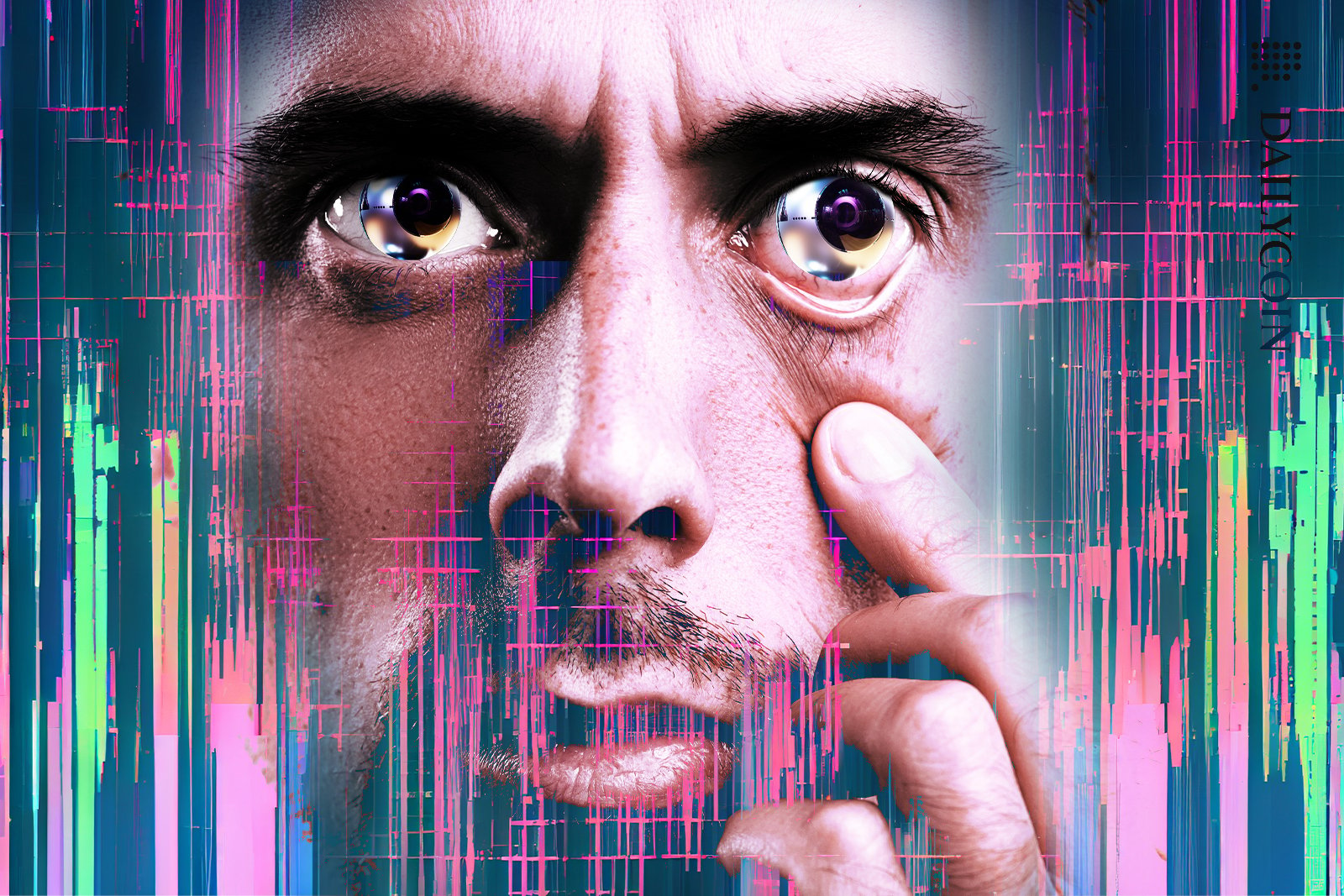
- Kenyan officials allege that Worldcoin iris scans pose health risks.
- Kenyan authorities did not expound upon details of the potential health complications.
- Multiple jurisdictions have opened investigations into Worldcoin.
Few can match Worldcoin’s ambition in pushing for global democracy and paving the way for AI-funded universal basic income (UBI). However, despite its pursuit of evolution, its journey has not been without controversy.
While much of these concerns have been largely relegated to ethical and privacy issues, the platform faces scrutiny from Kenyan lawmakers, who recently upped the ante by warning of the health risks posed by Worldcoin orbs.
Worldcoin Orbs Stir Further Contention
Digital identity platform Worldcoin seeks to give everyone access to the global economy by verifying who they are. Underpinning this vision is a “digital passport” protocol, dubbed World ID, that authenticates “you are a unique and real person.” To achieve this, Worldcoin uses iris-scanning orbs to capture and verify each person’s unique biometric data.
Sponsored
Dealing a blow to Worldcoin’s global economy plans, Kenya’s Health Secretary, Susan Nakhumicha Wafula, told her fellow lawmakers that initial inquiries found the company’s iris scanning technology potentially exposed hundreds of thousands of Kenyans to health risks.
The health secretary recommended that affected individuals seek medical help if they develop abnormal conditions. However, Wafula stopped short of details on the alleged health complications, adding that more reports will follow.
“As indicated by Hon Shakeel Shabir, there may be Kenyans out there already experiencing different complications or changes in their bodies after undergoing the scan,” Wafula said.
Sponsored
Chiming in, Twitter user Ja Loka implied that no substantive evidence exists to corroborate the health risk reports, telling his over 250k followers that he experienced zero detrimental effects following his iris scan almost a year ago.
Data collected by the government estimates that 350,000 Kenyans had signed up for a World ID before the iris scanning was outlawed on August 2. Nonetheless, Kenya isn’t the only country to drop the hammer on Worldcoin, with multiple other jurisdictions also investigating the company.
Authorities Circle
Since Worldcoin’s alpha release in June, the project has been subject to growing ethical and data privacy scrutiny, with several countries having announced probes into its practices.
Last month, Argentina’s Agency for Access to Public Information (AAIP) opened an investigation into Worldcoin, citing concerns about the company’s use of data. Specifically, the AAIP seeks to verify whether Worldcoin’s data processing procedures comply with legislation pertaining to “Law 25,326 on the Protection of Personal Data”.
Similarly, the French data regulator, the Commission Nationale de l’informatique et des Libertés (CNIL), called in unannounced at Worldcoin’s Paris office on Wednesday. Reports indicate that CNIL officials questioned a senior Worldcoin executive, but the interview’s outcome was not publicized.
On the Flipside
- Individuals who undertook iris scans for tokens consented to Worldcoin’s terms and conditions.
- Worldcoin claims its protocol is open source, decentralized, and permissionless.
Why This Matters
Inquiries into Worldcoin’s practices have expanded to include health concerns, acting as a further knock to the project’s long-term viability.
Discover more on Worldcoin’s record-breaking adoption in Argentina here:
Worldcoin Draws Argentines in Droves Despite Privacy Backlash
Read about Bitcoin sentiment flip-flopping following the short-lived Grayscale pump here:
